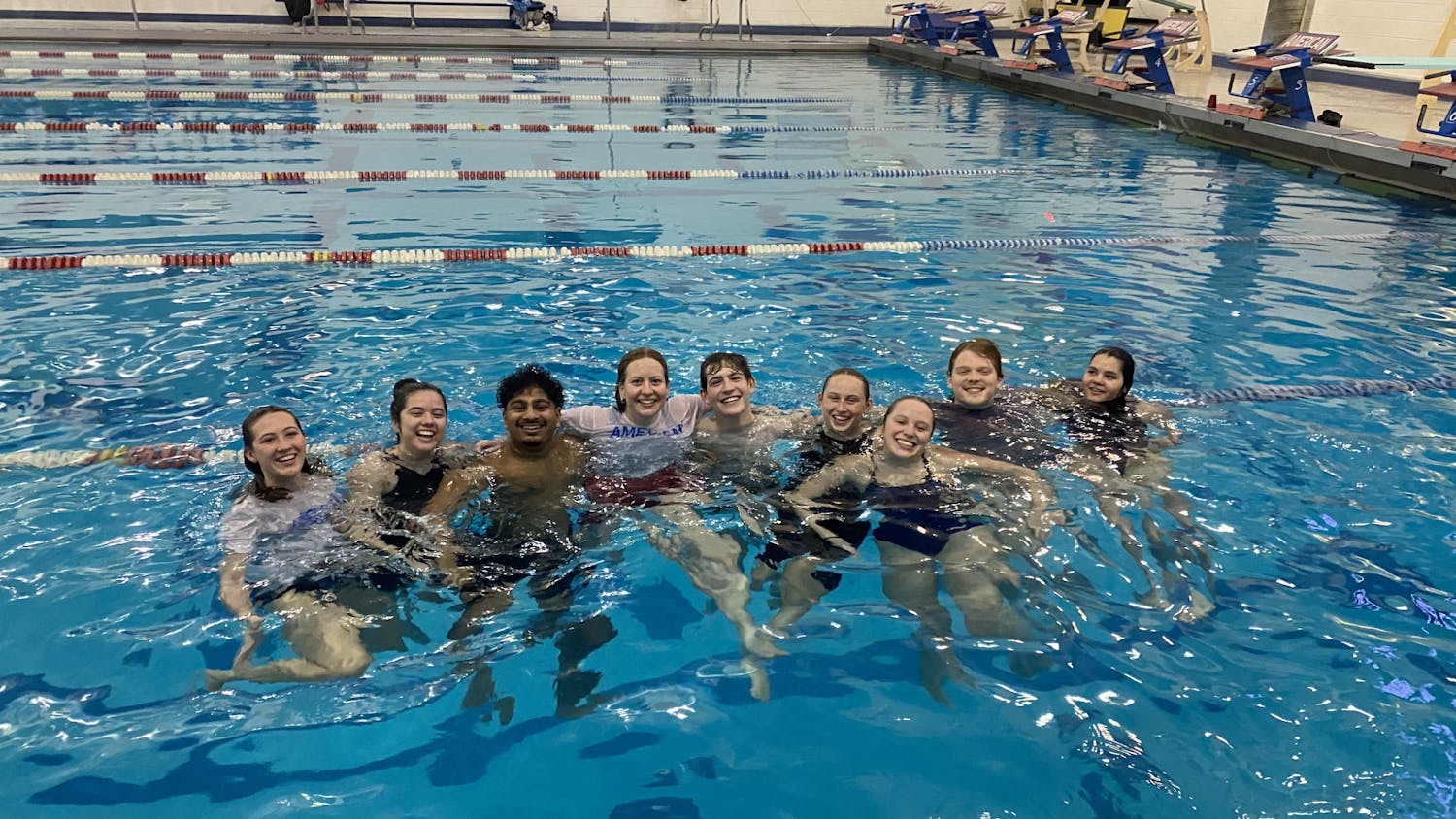Preliminary tests by the D.C. Water and Sewer Authority show the highest levels of bacteria in the water since 1996, when citizens were warned to boil their tap water, federal officials announced Sept. 22.
"It's not an emergency," said Karen Dewitt, director of Public Affairs for the Water and Sewer Authority. People with suppressed immune systems or who are HIV positive are the only ones who need to boil their water, according to WASA.
Officials at AU said they are waiting for WASA to finish testing and come out with a full report before specific action is taken.
"Right now, we're not sure exactly what the issues are," said Willy Suter, director of Physical Plant Operations at AU.
The bacterium detected is coliform, a diverse group of microorganisms common in soil, plants and animals. It can cause cramps, diarrhea, intestinal illness or kidney problems, according to the Vermont Department of Health Web site. (The information could not be found on D.C.'s WASA site.)
The addition of a new chemical used over the summer to curb high lead levels is the most likely culprit for the rising bacteria levels, WASA officials said in a press release. They speculate that the chemical has contributed to the peeling of bacteria film from pipes.
So far, about 8 percent of the 145 tests show positive readings of total coliform. More than 210 tests will be taken before a final result will be released to the public. Water would be determined unsafe if more than 5 percent of the tests come back positive.
"It is a standard method to report this to the public," Dewitt said, adding that the bacteria are "a trigger response that shows something is going on in the water."
Last year, WASA came under fire from the public for not immediately releasing facts about lead in D.C. water.
In response to the lead crisis, Suter said Physical Plant installed faucet filters in lounges in all the residence halls. Suter said it was an extra precaution beyond WASA's instructions to simply run water for 60 seconds before using it. Unfortunately, Suter said, 12 of those filters have been stolen.
Suter said all he can do is wait until the final results are back from bacteria tests.
"We're trying to get better information from WASA," he said. "I want to believe they've met their reporting deadlines on this"




